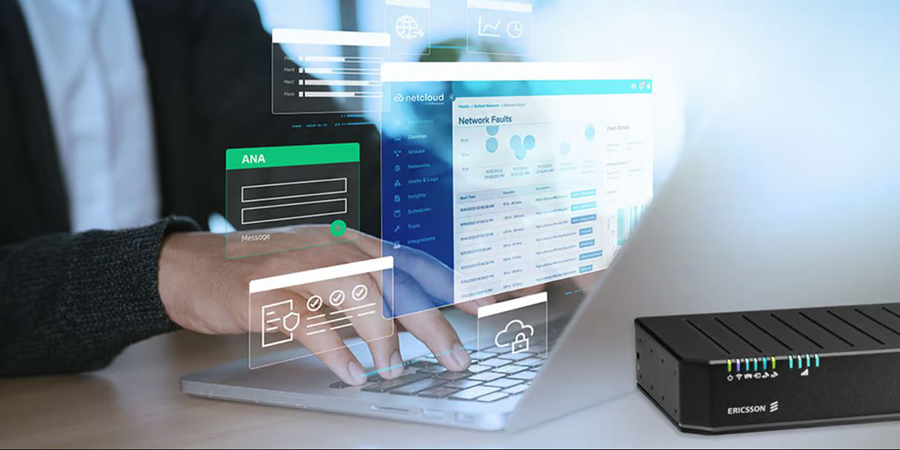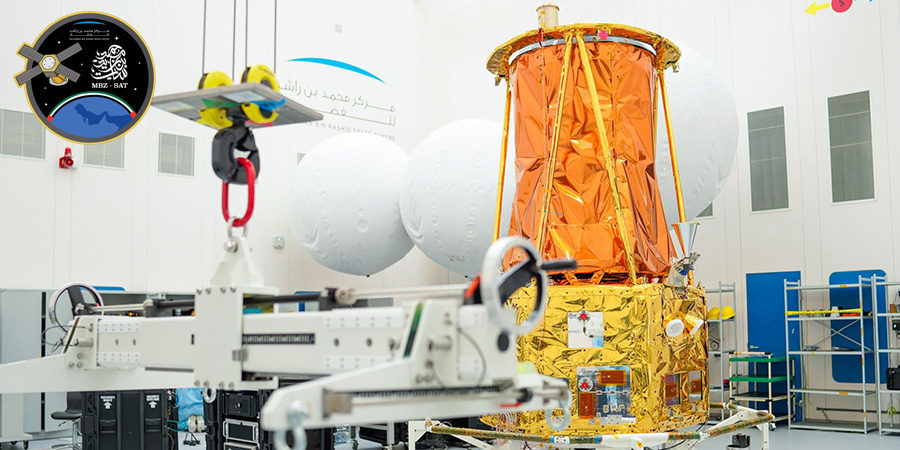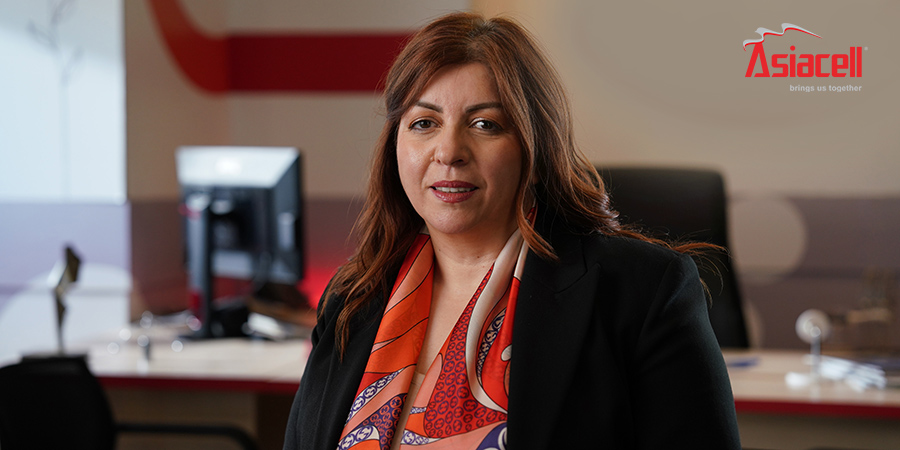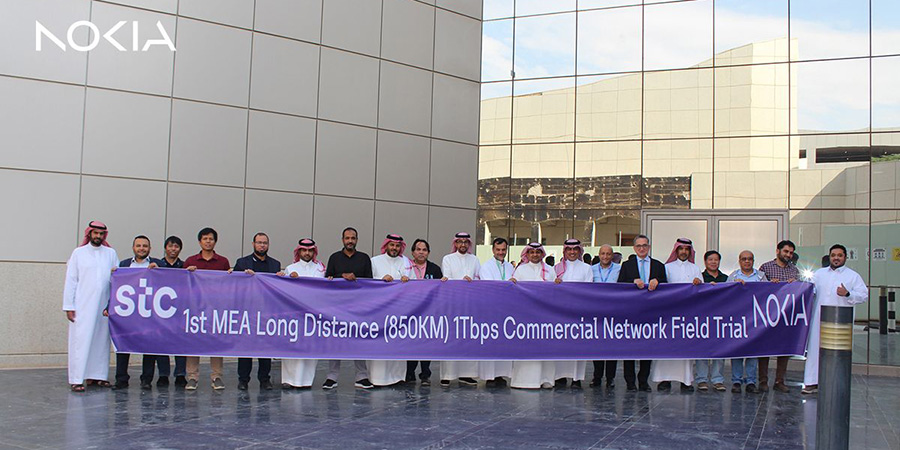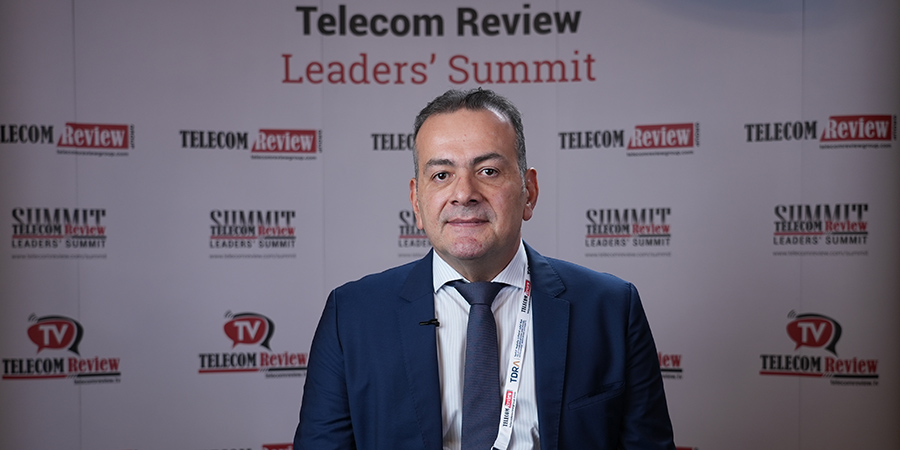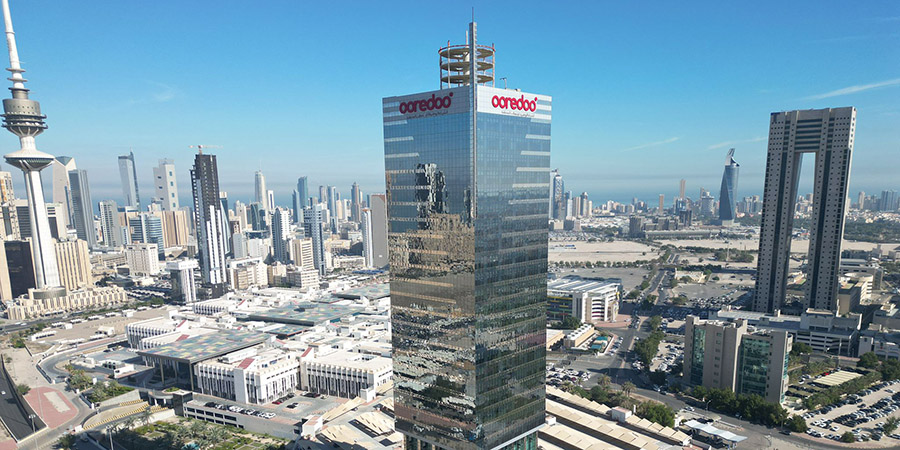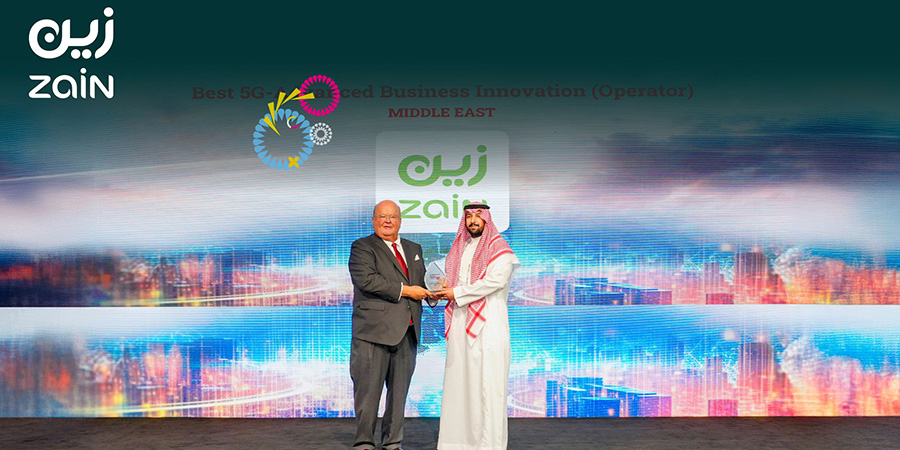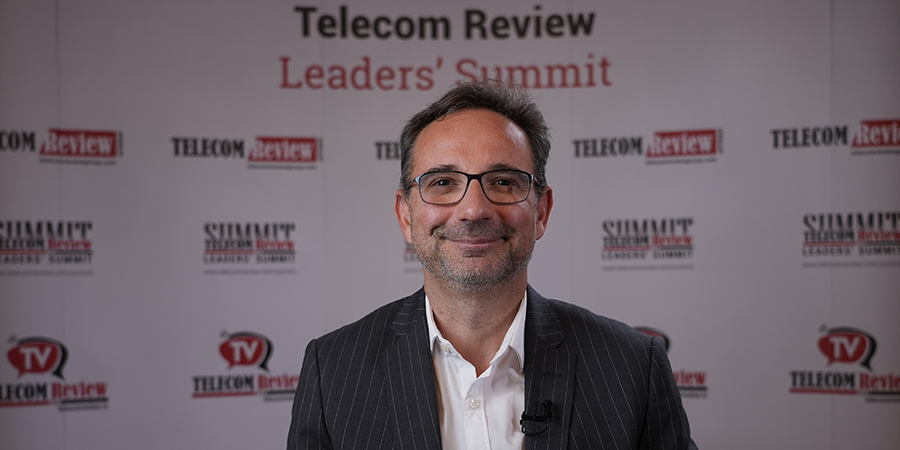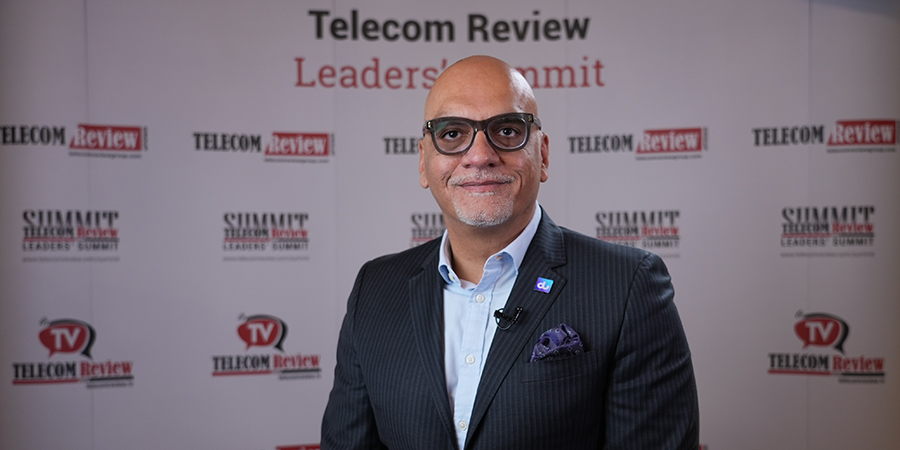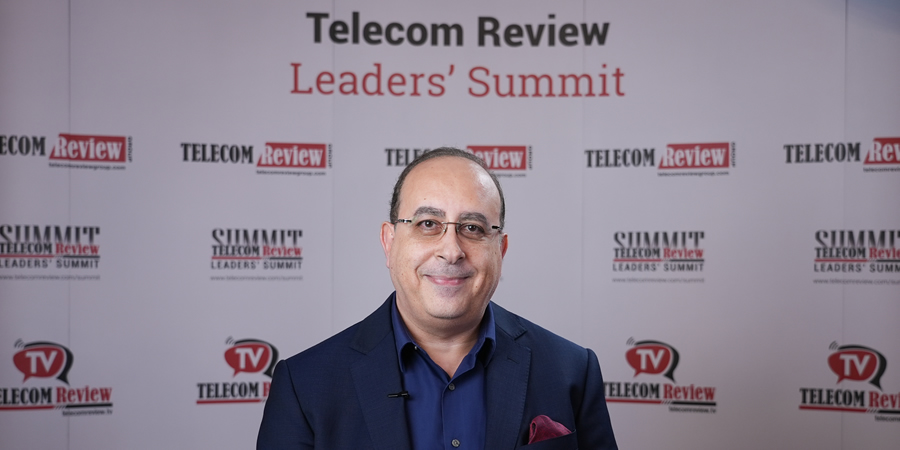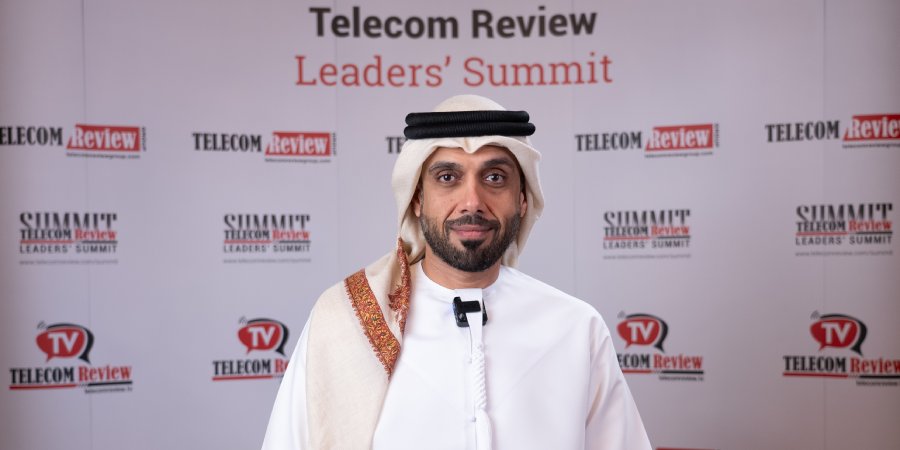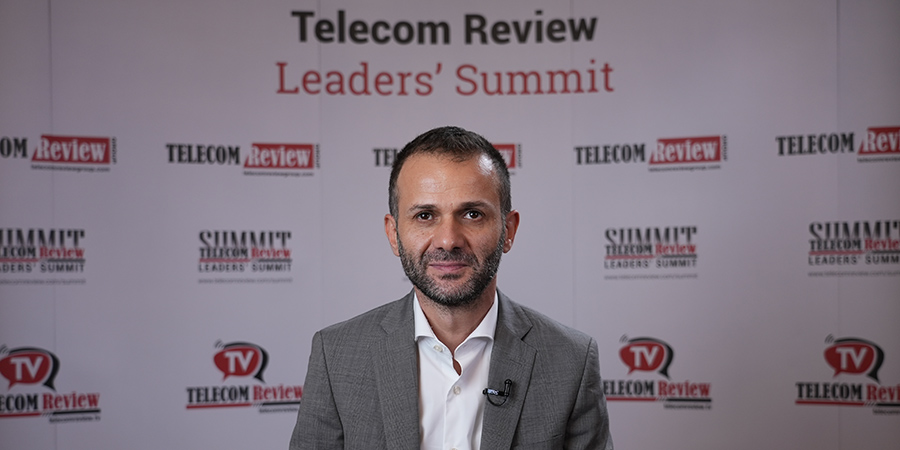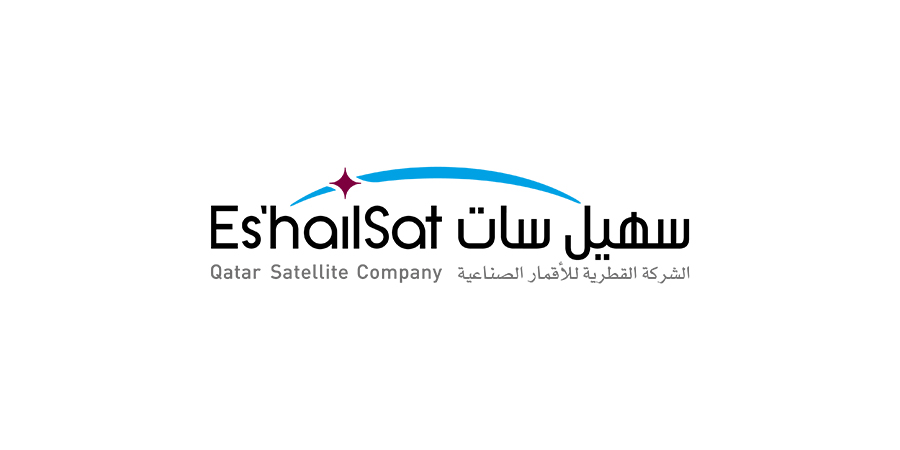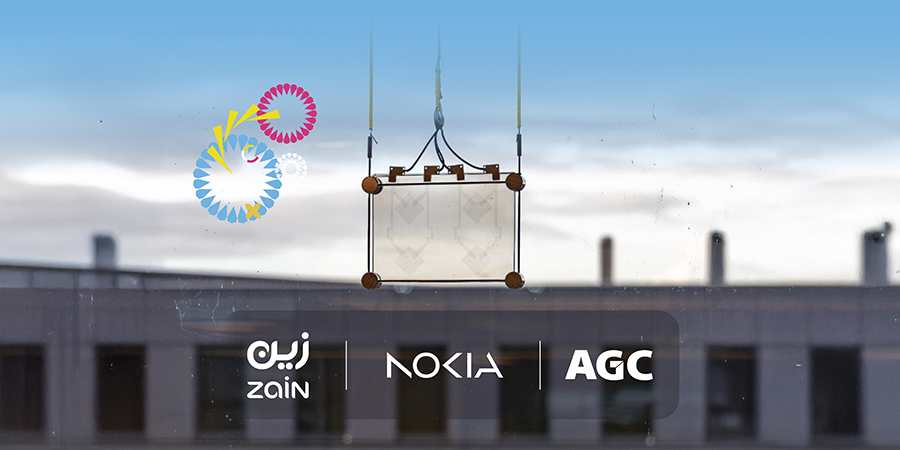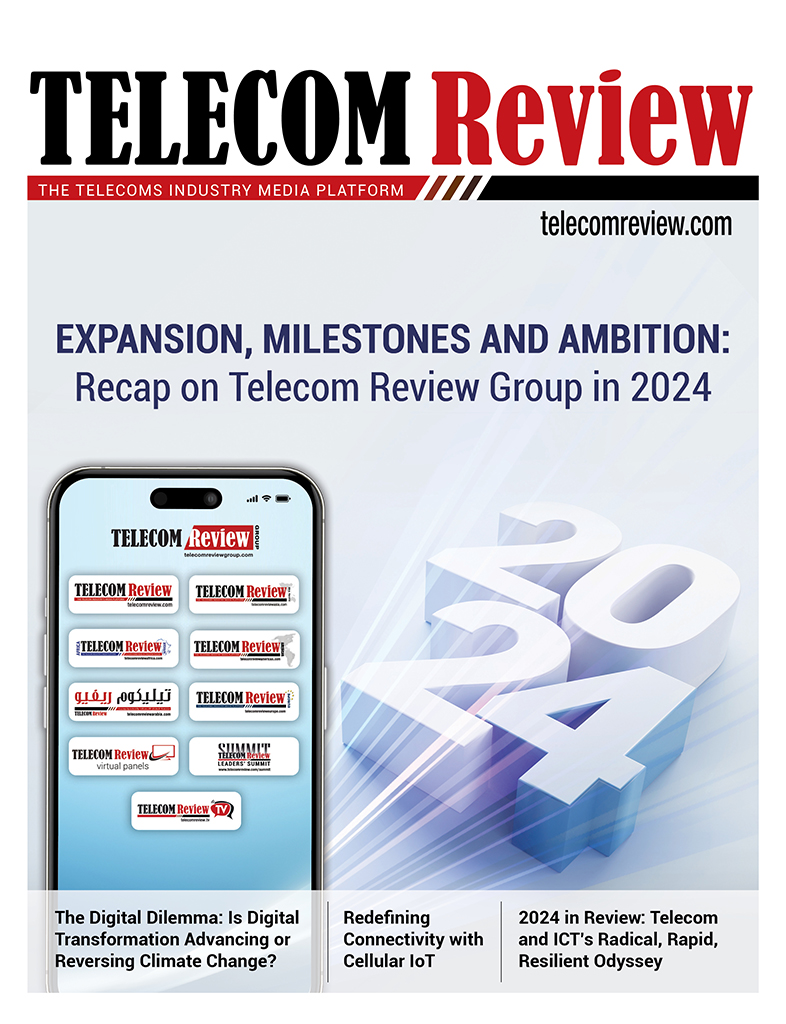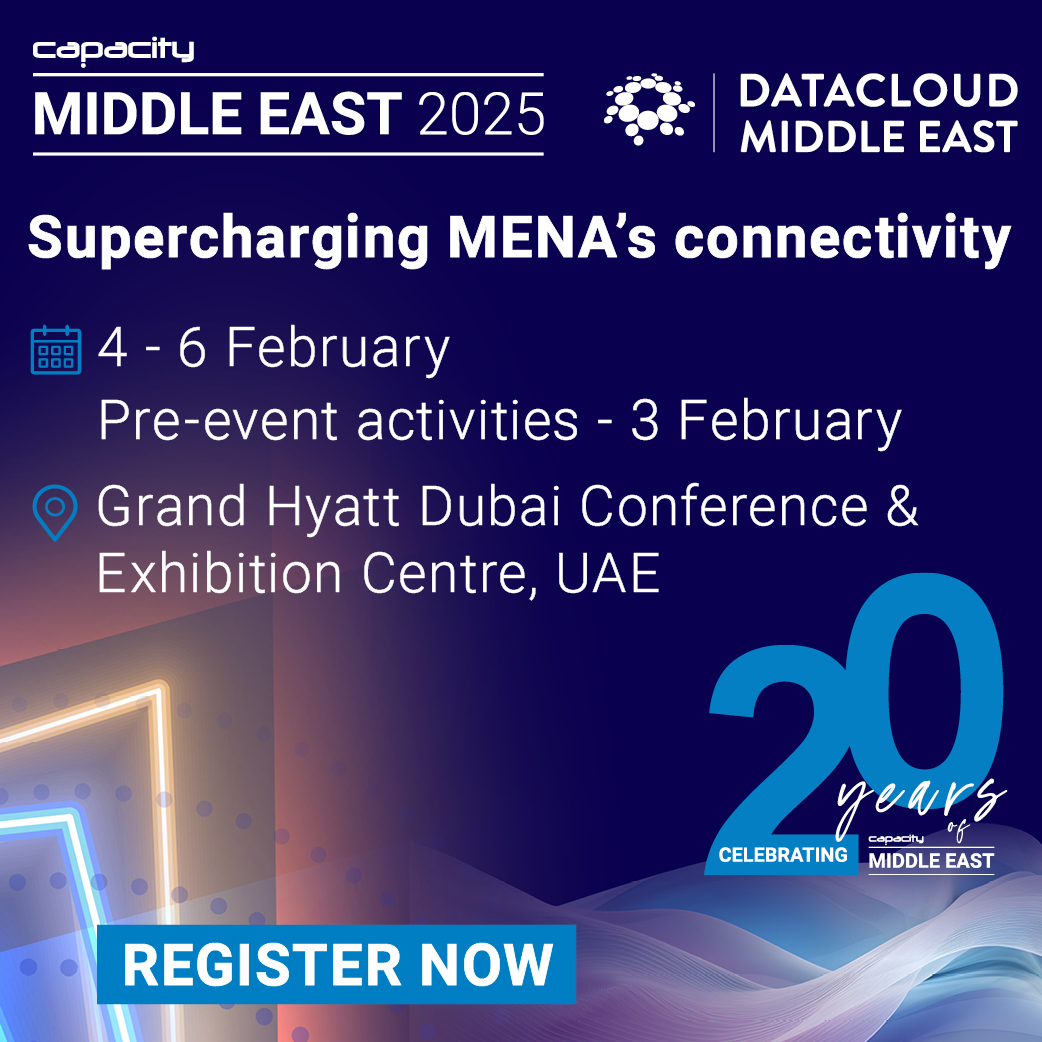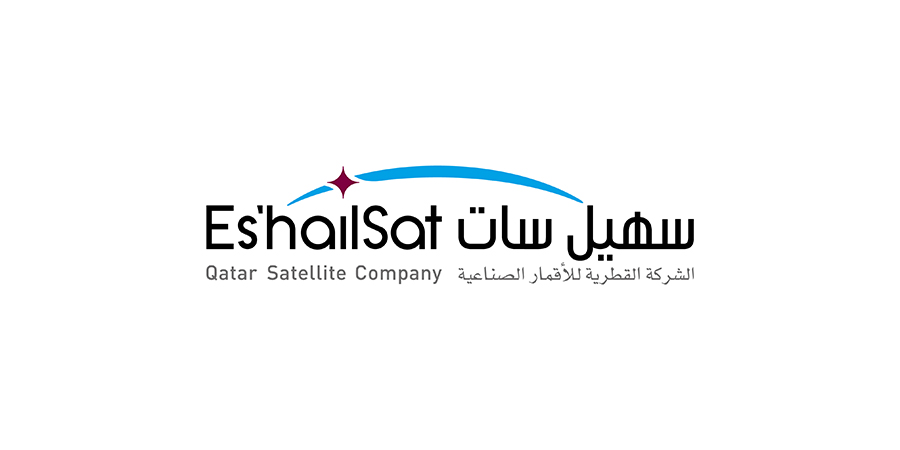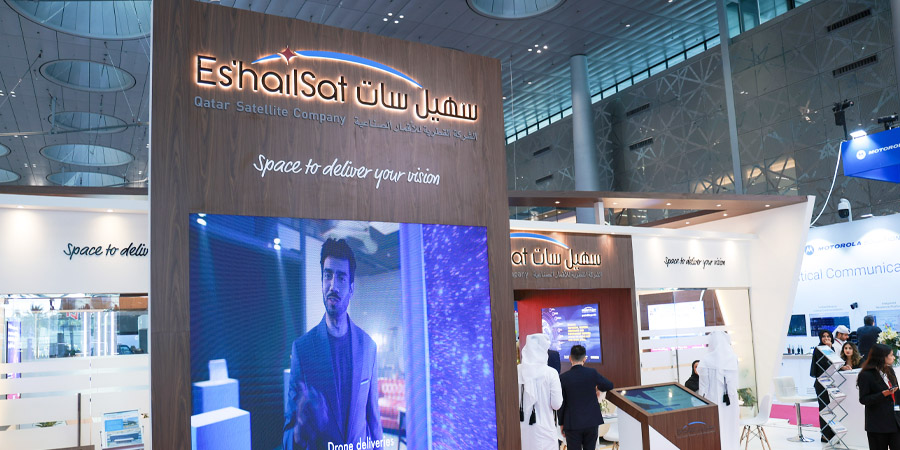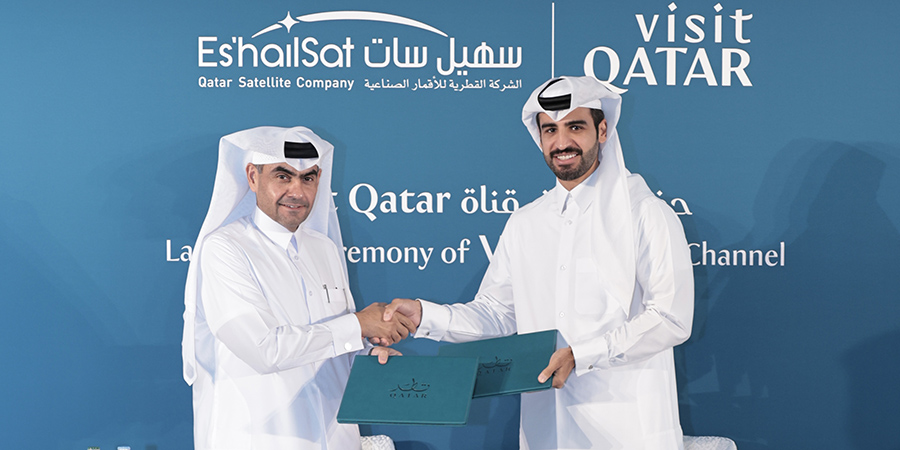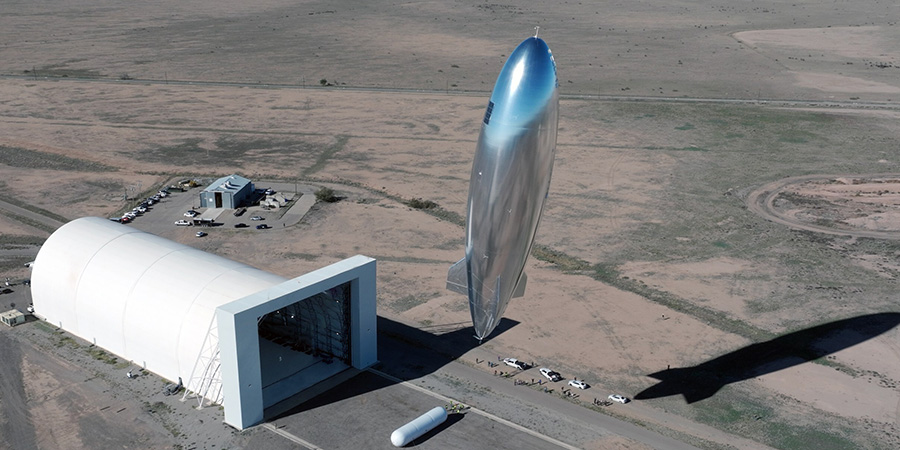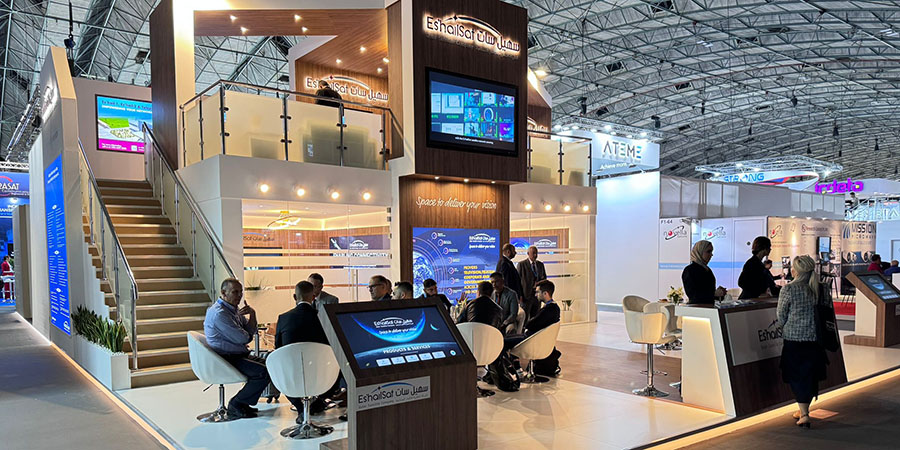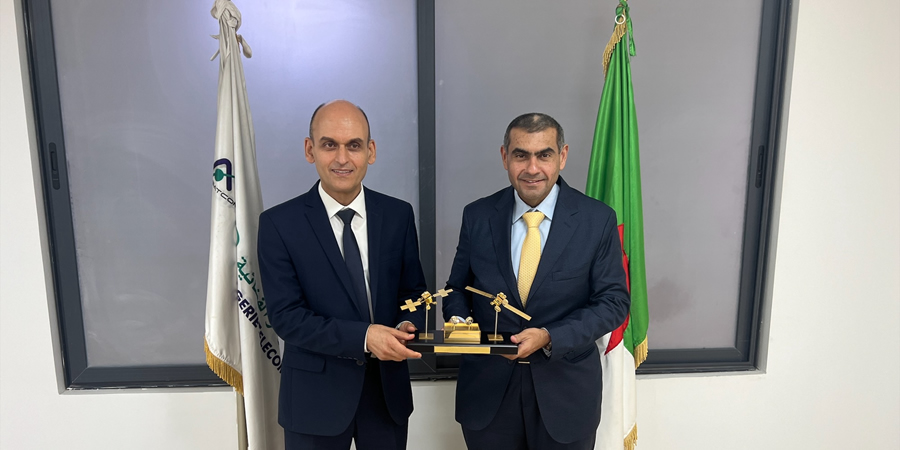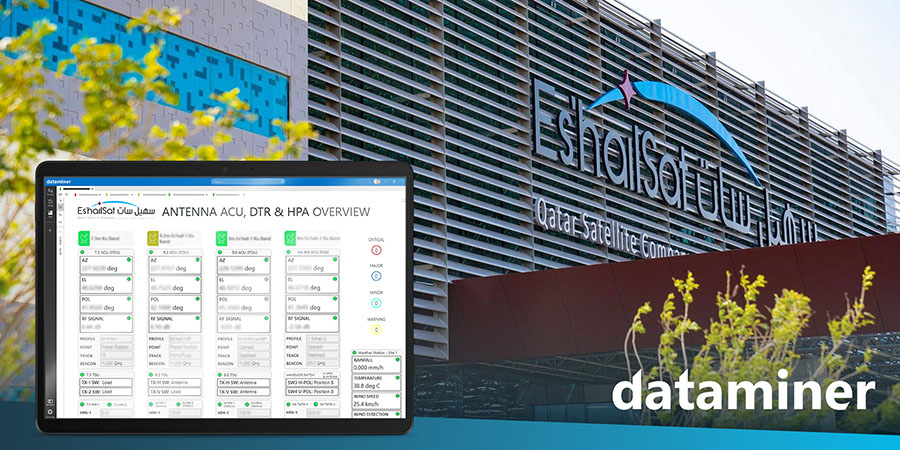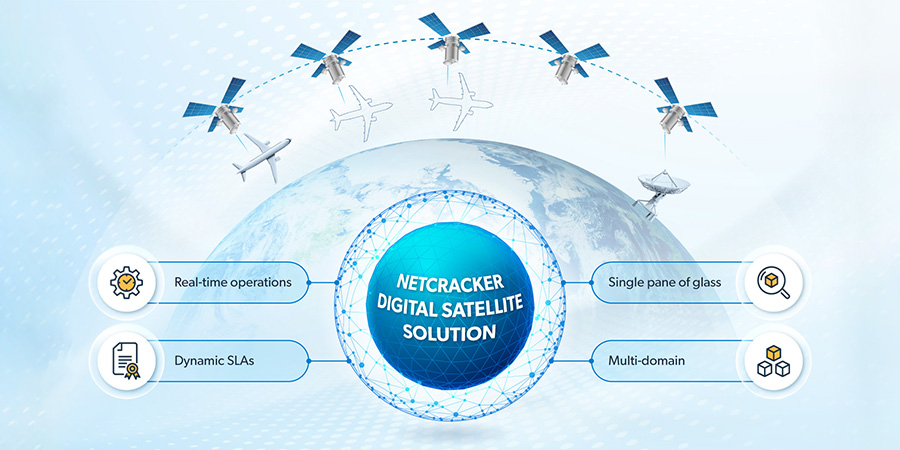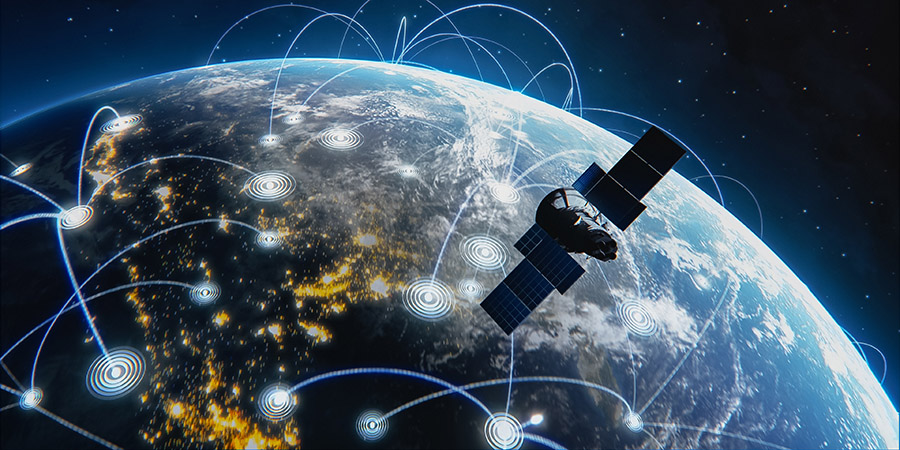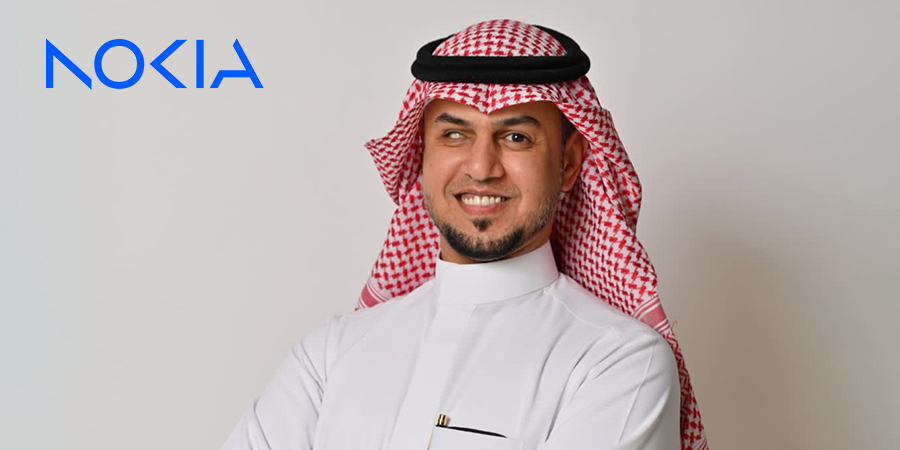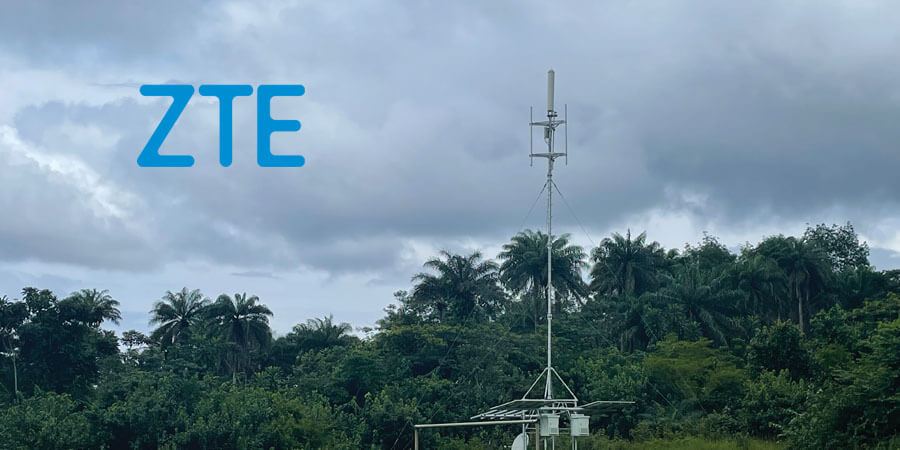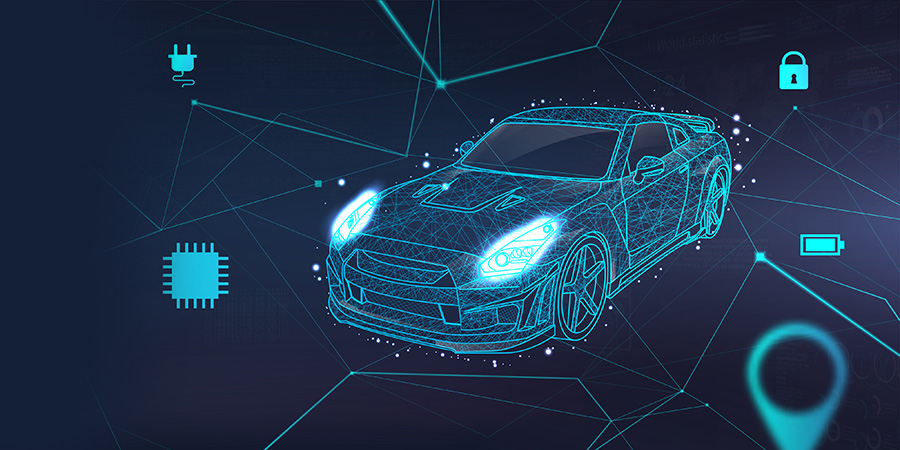In an exclusive interview with Telecom Review, Tariq Al-Harbi, President of Cloud & Network Services (CNS) at Nokia in Saudi Arabia, elaborated on how Nokia’s Cloud & Network Services business unit is focusing on delivering software and services that are helping CSPs generate value from their networks.
Nokia has been active in Saudi Arabia for a long time and has built strong partnerships in the country. Can you tell us about the focus of the Cloud & Network Services business unit? What is your strategy for Saudi Arabia?
That’s indeed correct. Nokia has been in Saudi Arabia since the inception of telecom networks and has worked in close partnership with the network operators in the country to deliver mobile and broadband networks. In fact, Nokia has been an integral part of the G-journey (2G until today’s 5G) of Saudi Arabia. However, the difference between the early years and now, is that today’s subscribers demand more than just connectivity; they want a great experience wherever they go! This puts pressure on every service provider in the country to provide value-added services with security, efficiency and reliability.
And this is where my team comes in! I am part of Nokia’s Cloud & Network Services (CNS), which is a business unit that focuses on building software for cybersecurity, automation, customer experience through analytics, and more—all infused with AI—and this software stretches across mobile and broadband networks. If we think about some of the challenges in the industry today, it’s about monetizing existing networks, securing the network against attacks, bringing automation and efficiency to network operations, reducing operating costs to be more productive, reducing energy consumption to be greener—just to name the key ones. CNS makes it all happen!
Besides the network providers, we are seeing a demand from enterprises across Saudi Arabia for a variety of services. This is being spearheaded and facilitated by the Saudi Arabia Vision 2030 that will take the country’s entire infrastructure through a digital transformation that is positioned for the future. Nokia is poised to support the government in its ambitions.
One of the hottest topics in the technology industry is the use of AI. Since CNS is focused on building software for and delivering services to CSPs primarily, do you see AI being used in the solutions you provide to your customers?
You are spot on! AI is indeed one of the most exciting and talked about topics today. Almost every company is trialing and implementing various forms of AI. In fact, the buzzword now is Generative AI or GenAI. As a company, Nokia too has been trying out various use cases to see how AI can improve productivity and efficiency internally. But when it comes to utilizing GenAI in delivering solutions to our customers, we are at the forefront of the technology.
We have introduced AI into our security solution, which helps detect and mitigate threats automatically and helps provide solutions to the security engineer. AI is also used to analyze massive data to provide actionable insights into network performance, customer behavior, and market trends. AI is being used to better plan and optimize a network, resolve any issue before they even happen based on ‘predictive analysis’, and give recommendations to people on where the network has gaps and can be improved. There are many more, and the possibilities are endless.
I also believe that AI should be used ethically and responsibly. Nokia has taken a strong stance, advocating that AI systems should be fair and reliable, they should be environmentally and socially sustainable, and they must protect privacy. In fact, Nokia has defined principles to guide all our AI research and development in the future. We will see more and more use cases of AI across the digital world and in telecom. I encourage all companies to embrace it, with a focus on ethics and responsibility.
You talked about infusing AI in your security solutions. There has been a lot of media attention in the past month regarding the IT outage, which has impacted many companies in many countries. Do you foresee Nokia facing a similar challenge with its security solutions that could impact Saudi Arabia or even the Middle East as a whole?
Indeed, Nokia does incorporate AI in a variety of solutions to help our customers gain deeper insights and enable them to make better, informed decisions. The same goes for our security solution—Netguard Cyberdome—an award-winning security orchestration software suite with pre-built 5G use cases for telecommunication service providers and critical infrastructure enterprises. Considering that it’s built on extended detection and response (XDR) architecture, it offers visibility across various networks, cloud infrastructure and endpoints.
Furthermore, it comes equipped with a library of telco use cases to detect anomalies, from compromised phishing accounts to infected network functions in OT networks. It’s this wide range of features that enabled us to be recognized (for the third year in a row) by GigaOm for our XDR security software and, this year, we were recognized as an ‘Outperformer’ in the industry.
Regarding global challenges, Nokia does not foresee any challenges related to our software in Saudi Arabia or in the Middle East or elsewhere in the world. While no system can be entirely immune to disruptions, Nokia’s proactive and comprehensive approach significantly reduces the risk of IT outages and cybersecurity breaches. By leveraging AI, Nokia aims to stay ahead of potential threats, ensuring that its security solutions remain robust and effective in protecting its operations and those of its customers in Saudi Arabia and the Middle East.
Also Read: Nokia Introduces AIMS Inventory Solution
While you talked about CSPs being your key customers, how do you view the broader market? Do you see enterprises interested in working with CNS?
We are indeed seeing a lot of interest from outside our traditional market of CSPs for some of our solutions. And when I say outside, I mean oil and gas companies, ports, manufacturing, logistics and more. There is a fast-growing trajectory of interest in private wireless solutions (LTE and 5G) where enterprises want to have their own networks for secure and high-speed connectivity that can also incorporate the traditional WiFi. Most importantly, they want to talk to us about use cases that can address their unique ambitions and challenges, which are different from, let’s say, an energy company and a manufacturing company.
There are also some enterprises that have various devices and sensors—think of smart energy meters across the country that can record energy consumption without human intervention—and these need to be connected to their IT systems. Imagine using AI to analyze the usage of energy and even predict high and low consumption for more efficient production.
There are lot of companies that want to be advised on their digital transformation strategies. They are going through their own journeys and adopting cloud strategies, incorporating AI, securing their operations, automating the right processes, and much more. These are tough conversations and enterprises are increasingly seeking assistance from Nokia in these areas.
Last but not least, we are seeing a lot of companies wanting to collaborate. At Nokia, we believe that innovation cannot come by working alone. Today, we have a very innovative ecosystem that has come together for the greater good of society. Partnerships are important! Nokia collaborates with technology partners, system integrators, and industry-specific solution providers. We also engage with startups, research institutions, and industry forums to co-create and drive technological advancements.
Also Read: Nokia: Building a Digital and Sustainable Future in the Middle East
What is the Nokia or CNS-centric vision for the future, and what are the ramifications in the context of Saudi Arabia?
Nokia has a Technology Vision 2030 and Saudi Arabia also has a Vision 2030. That is a coincidence but I see a lot of synergies, even though they may be from different angles. We’re thinking about 5G and beyond, the types of new use cases 5G can enable, and the value they can bring to the next phase of ‘G’. There is a lot of time, effort and resources being spent on R&D to get to the next step.
Saudi Arabia has been focused on diversifying away from oil and focusing more on technology and innovation. Nokia has been vocal, through its People & Planet Report, on clear metrics to reduce its carbon footprint and Saudi Arabia has goals that it wants to achieve to be a greener country. Smart city projects, like NEOM in Saudi Arabia, are important avenues for diversification and digital transformation is a key part of these projects that Nokia will support. Finally, Saudi Arabia wants to be a secure country that can protect its digital borders, and this is essential in today’s world.
Both Saudi Arabia and Nokia have a long history together. Our futures will continue to be intertwined through our visions to build a sustainable country and company.



